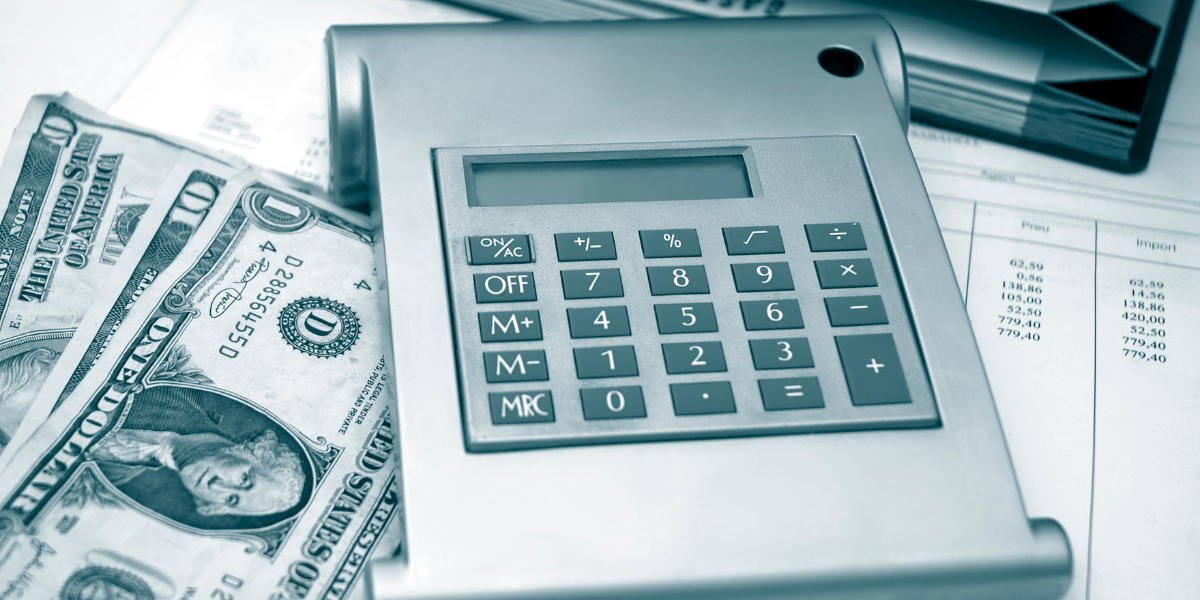Islamic home financing has become an essential consideration for Muslims seeking to align their financial activities with their religious beliefs. This comprehensive guide explores the concept of halal (permissible) financing, the principles of Islamic home financing, its various types, and the benefits it offers. We also address frequently asked questions and highlight Meraj Islamic Finance as a trusted provider of Sharia-compliant financial services.
Understanding Halal Financing
Halal financing refers to financial products and services that comply with Islamic law, also known as Sharia. The core tenet of halal financing is the prohibition of riba (interest), which is considered exploitative and unjust in Islam. Instead, Islamic finance emphasizes ethical investment, risk-sharing, and asset-backed transactions. These principles ensure that financial activities are conducted fairly, transparently, and ethically, making them permissible (halal) under Islamic law.
Principles of Islamic Home Financing
Islamic home financing is governed by several key principles derived from Sharia law:
- Prohibition of Riba (Interest): Charging or paying interest is strictly forbidden in Islam. This principle aims to prevent exploitation and ensure fairness in financial transactions.
- Risk Sharing: In Islamic finance, both the lender and the borrower share the risks and rewards of the investment. This creates a more equitable relationship and reduces the likelihood of financial hardship for either party.
- Asset-Backed Financing: Islamic finance requires that all transactions be backed by tangible assets. This ensures that financial activities are grounded in real economic value and avoids speculative behavior.
- Ethical Investment: Investments must be made in ethical and socially responsible projects. This means avoiding businesses involved in alcohol, gambling, pork, and other prohibited activities.

Types of Islamic Home Financing
Several models of Islamic home financing adhere to Sharia principles, each offering unique features and benefits:
-
Murabaha (Cost-Plus Financing)
In a Murabaha contract, the lender purchases the property and sells it to the borrower at a profit margin. The borrower pays back the agreed-upon amount in fixed installments over a specified period. This method avoids interest, as the profit margin is determined and agreed upon upfront.
Example: If a house costs $200,000, the lender might buy it and sell it to the borrower for $220,000, to be paid in equal installments over 20 years.
-
Ijara (Lease to Own)
Ijara involves leasing the property to the borrower with an option to purchase at the end of the lease term. The borrower makes regular rental payments, which include a portion that goes towards eventually owning the property. This model ensures that both parties share the risks and rewards of property ownership.
Example: The borrower rents the property for a fixed period, during which a portion of the rent is allocated towards purchasing the property. At the end of the lease term, the borrower has the option to buy the property at an agreed-upon price.
-
Musharaka (Joint Venture)
In a Musharaka agreement, both the lender and borrower contribute to the purchase of the property, sharing ownership and profits. The borrower gradually buys out the lender’s share through regular payments. This model emphasizes partnership and shared responsibility.
Example: The lender and borrower jointly purchase a property, with each party owning a percentage. Over time, the borrower makes payments to buy out the lender’s share, eventually becoming the sole owner.
Benefits of Islamic Home Financing
Islamic home financing offers numerous benefits, particularly for Muslims seeking to comply with their faith:
- Compliance with Faith: Islamic home financing aligns with Islamic values, providing peace of mind for devout Muslims who wish to avoid interest and unethical practices.
- Ethical Practices: Islamic finance emphasizes fairness, transparency, and ethical investment, ensuring that financial activities benefit the community and avoid harm.
- Risk Sharing: The risk-sharing nature of Islamic home financing fosters a more balanced relationship between the lender and borrower, reducing the likelihood of financial hardship.
- Community Focused: Islamic financial institutions often reinvest in the community, supporting ethical projects and contributing to social welfare.
Is Islamic Home Financing Halal?
Determining whether Islamic home financing is halal involves examining its adherence to Sharia principles. Given that Islamic home financing models such as Murabaha, Ijara, and Musharaka avoid riba, emphasize risk-sharing, and involve tangible assets, they are considered halal. However, it is crucial to ensure that the specific financial institution and product are genuinely Sharia-compliant, as interpretations of Sharia can vary.
Meraj Islamic Finance: A Trusted Provider
Meraj Islamic Finance is a reputable provider of Sharia-compliant home financing solutions. With a commitment to ethical practices and community development, Meraj Islamic Finance offers a range of products tailored to meet the needs of Muslim homeowners. Their services include Murabaha, Ijara, and Musharaka financing options, all designed to comply with Islamic principles.
Why Choose Meraj Islamic Finance?
- Sharia Compliance: Meraj Islamic Finance works with recognized Sharia scholars to ensure that their products and services adhere to Islamic law.
- Transparent Practices: They prioritize transparency, providing clear and upfront information about fees, profit margins, and terms of agreement.
- Community Support: Meraj Islamic Finance reinvests in the community, supporting ethical projects and contributing to social welfare.
- Customer-Centric Approach: They offer personalized services to meet the unique needs of each customer, ensuring a seamless and satisfactory experience.

FAQs About Islamic Home Financing
Q: What makes Islamic home financing different from conventional mortgages? A: Islamic home financing avoids interest and focuses on risk-sharing and ethical investment, aligning with Islamic principles. Conventional mortgages typically involve interest payments, which are prohibited in Islam.
Q: Can non-Muslims use Islamic home financing? A: Yes, non-Muslims can use Islamic home financing if they prefer its ethical and transparent nature. The principles of fairness and risk-sharing appeal to a broad audience.
Q: How does Meraj Islamic Finance ensure Sharia compliance? A: Meraj Islamic Finance collaborates with recognized Sharia scholars to develop and review their products, ensuring they meet Islamic standards. Their commitment to Sharia compliance is reflected in their transparent and ethical practices.
Q: Are there additional fees associated with Islamic home financing? A: Fees vary depending on the financing model and provider, but they are disclosed upfront to ensure transparency. Meraj Islamic Finance provides clear information about any associated costs, ensuring no hidden fees.
Q: Can I refinance my existing mortgage with an Islamic home financing option? A: Yes, many Islamic financial institutions offer refinancing options to switch from conventional to Islamic home financing. Meraj Islamic Finance provides refinancing solutions that comply with Sharia principles.
Q: How do I know if a financial institution is genuinely Sharia-compliant? A: Look for certification from recognized Sharia boards and check their reputation in the community. Meraj Islamic Finance’s collaboration with Sharia scholars and their transparent practices ensure genuine Sharia compliance.
Q: Is Islamic home financing more expensive than conventional mortgages? A: Costs can vary, but many find the ethical and religious alignment worth any potential difference in cost. Meraj Islamic Finance offers competitive rates and terms to ensure affordability.
Final Thoughts
Islamic home financing is a viable and halal alternative to conventional mortgages for those seeking to comply with their religious beliefs. By adhering to Sharia principles, it provides a transparent, ethical, and risk-sharing approach to home ownership. Meraj Islamic Finance offers a range of Sharia-compliant products, ensuring that Muslim homeowners can achieve their dreams without compromising their faith. Whether through Murabaha, Ijara, or Musharaka, Islamic home financing provides a path to homeownership that aligns with Islamic values.





